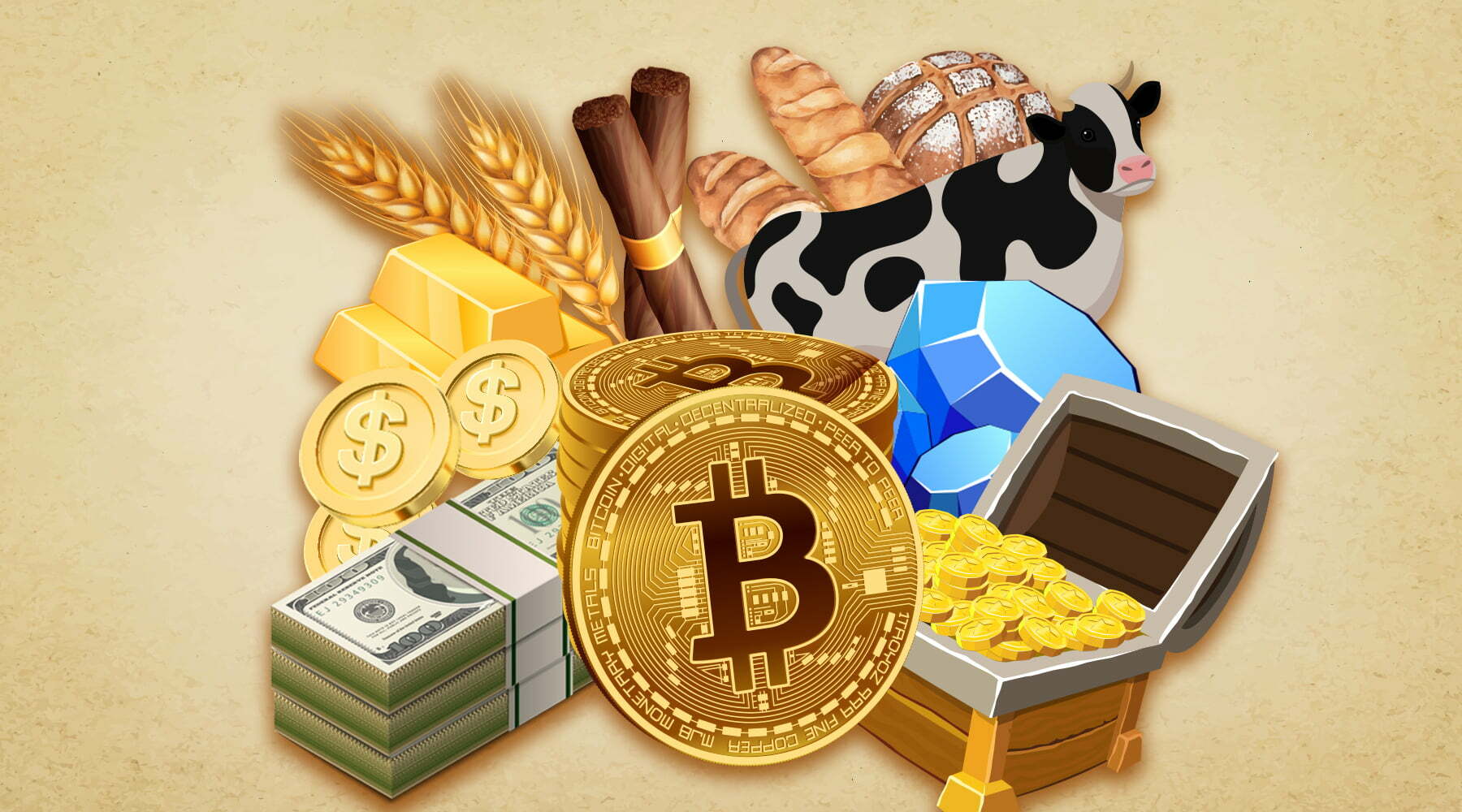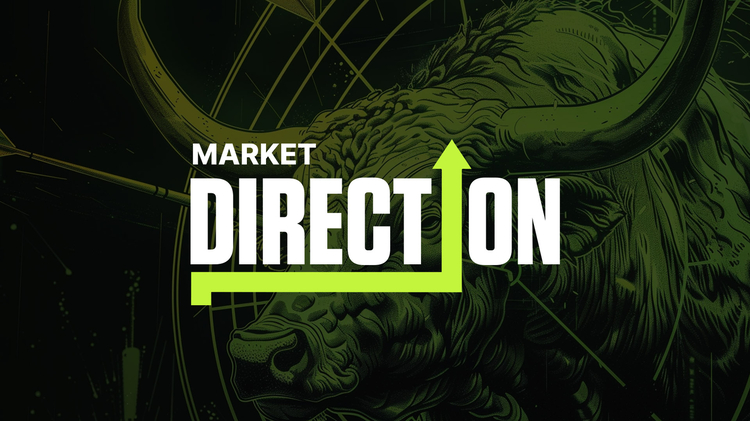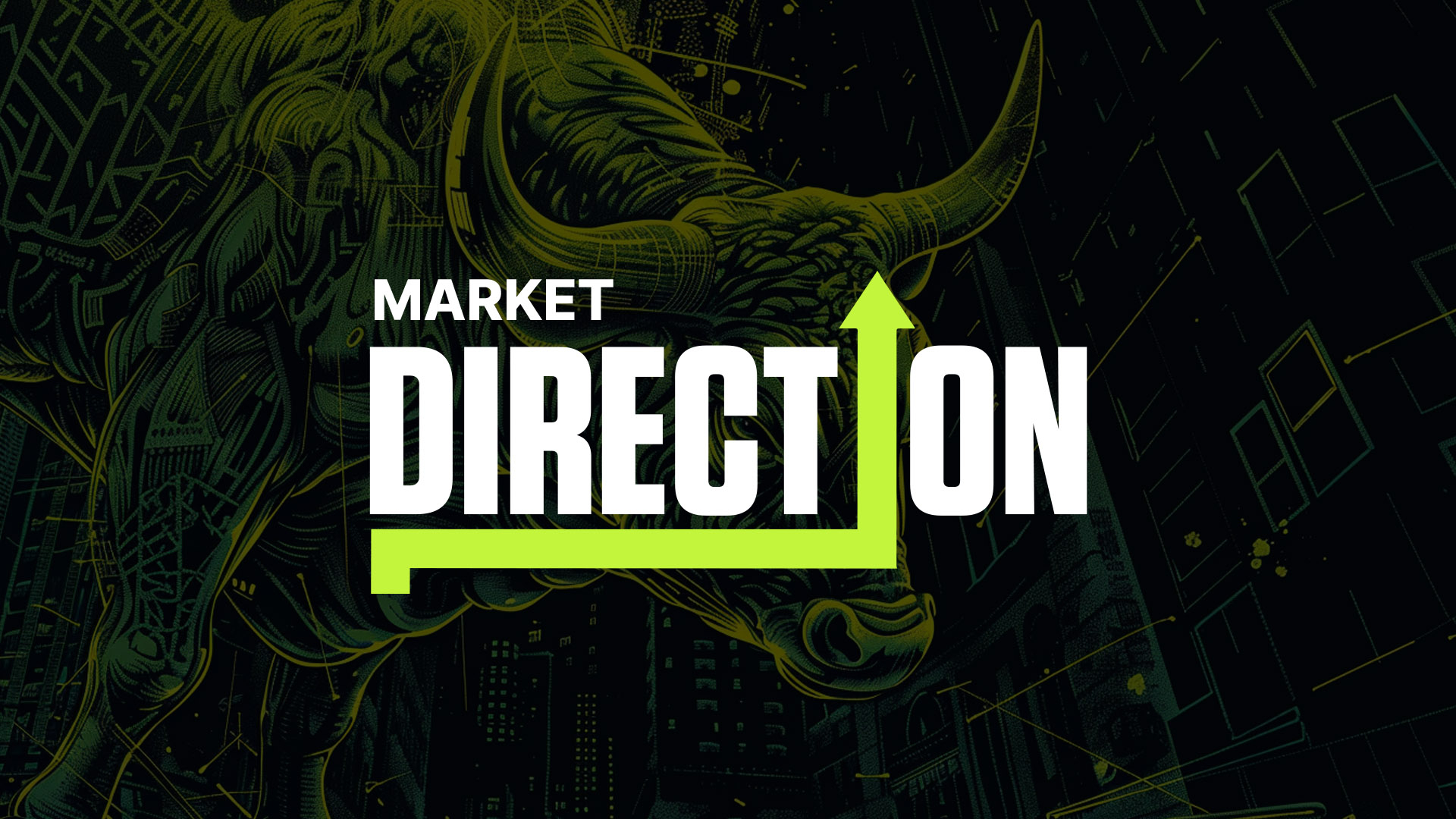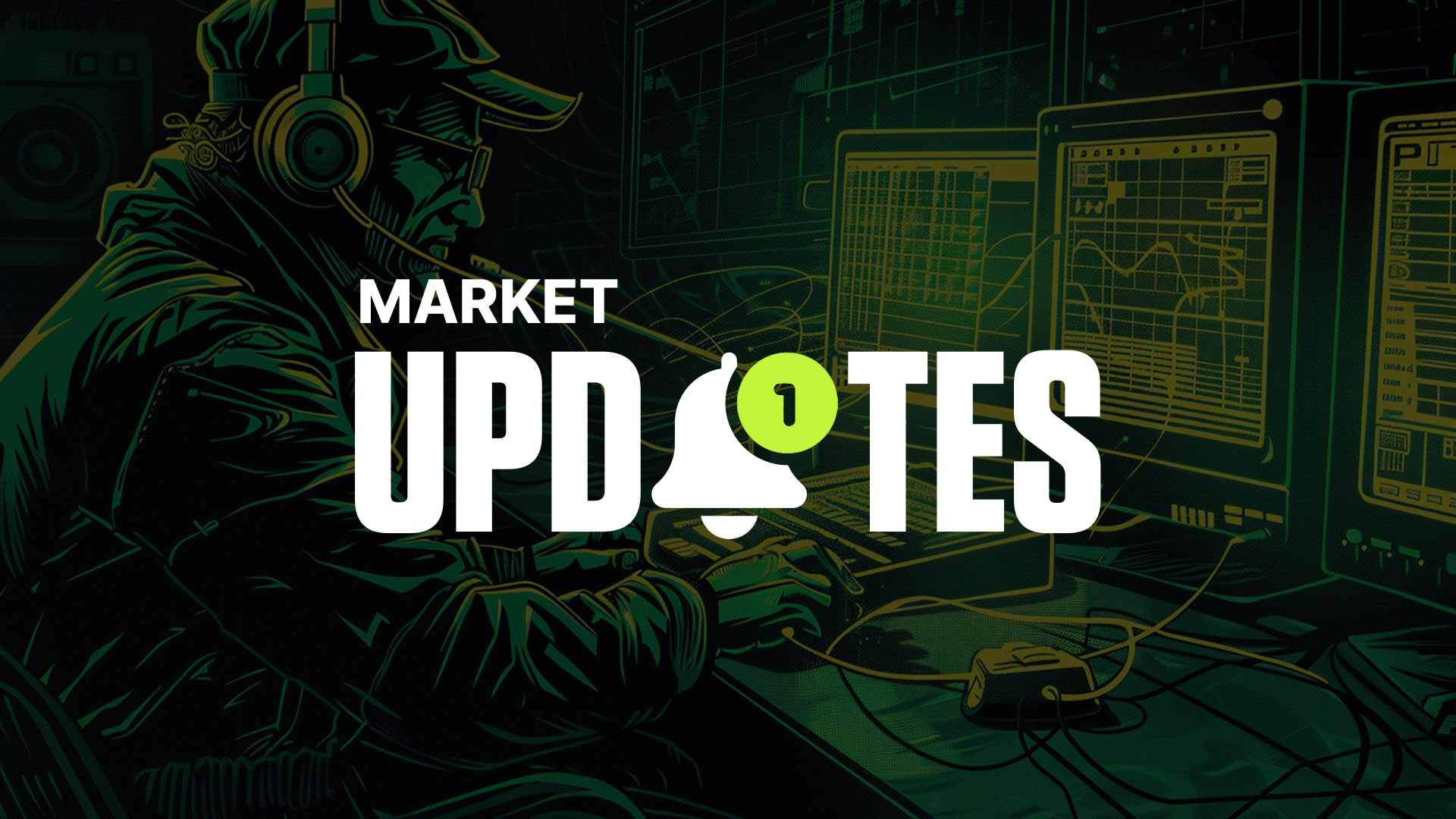
For many, money is already digital with smartphone banking applications and contactless payments. But with the emergence of Bitcoin, digital money took on a whole new meaning.
The history of money
By tracing the history and evolution of money, we gain insight into how & why people interact with their chosen currencies, and what the financial future could look like. In Layered Money, Nik Bhatia lays out the 'layered money concept' when exploring the history of money.
Coins (first-layer money)
For thousands of years, humans used seashells, animal teeth and livestock, as tokens for barter. Eventually, gold and silver became the globally accepted forms of currency.
Coins were a revolution in simplicity and changed money forever. They eliminated the need to weigh and test the purity of each piece of metal before a transaction. Coins were made with metals that were considered precious, durable, and rare. Gold and silver had been used for thousands of years as money, so having coins made from these metals ensured there would be natural demand for them.
The idea of fungible or interchangeable money was another revolutionary step. When two things are fungible, they have equal value and can be interchanged with one another. Coins from the same mint were identical and uniform, making them perfect accounting denominations.
Worldwide demand for coins grew and governments became the largest supplier. Coins led to government influence over currency.
Gold certificates (second-layer money)
Then emerged gold certificates, which were printed and circulated in place of gold coins. In 1928, in the USA, a gold certificate was printed with the following phrase:
“This certifies that there have been deposited in the Treasury of the United States of America ten dollars in gold coin payable to the bearer on demand.”
The piece of paper has value to whoever holds it. Both the coin and the certificate are forms of money, but they’re qualitatively different from each other. The difference between a gold coin and a piece of paper that states, ‘X will pay one gold coin to the bearer on demand.’
The piece of paper exists only because of the gold that it represents, it’s 'second-layer money,' as Bhatia puts it, that is created as a liability on a balance sheet.
Second-layer money is a promise to pay first-layer money. This comes with counterparty risk. Placing trust in counterparties is necessary for our current financial system to function, otherwise, we’d still be using gold and silver coins for every transaction.
Second-layer money is inherently unstable, as the power to create it will be subject to human abuse. Gold coins cannot be created out of thin air, but bills could. Money can be expanded when it doesn’t have to be fully reserved with gold coins in a vault.
After the second layer of money emerged, governments and central banks moved to take control over people’s monetary affairs. Liabilities of banks and businesses exist on the third layer of money.
Emergence of Bitcoin in 2008
Bitcoin, a peer-to-peer version of digital money, allowed online payments to be sent directly from one party to another without the need for a financial institution.
On Bitcoin's ledger, Satoshi (its creator) placed a British newspaper headline referring to the ongoing financial crisis:
“The Times 03/Jan/2009 Chancellor on brink of second bailout for banks."
Through this message, he suggested that Bitcoin may offer a necessary solution to the traditional banking system.
A few weeks after Bitcoin's release, Satoshi offered a little more detail on his reasoning for the project and revealed an awareness of the instability of traditional monetary systems:
"The root problem with conventional currency is all the trust that’s required to make it work. The central bank must be trusted not to debase the currency, but the history of fiat currencies is full of breaches of that trust. Banks must be trusted to hold our money and transfer it electronically, but they lend it out in waves of credit bubbles with barely a fraction in reserve.”
What changes are coming to our financial system?- a system, as Bhatia puts it, "that temporarily erupts in chaos every few years only to be calmed by increasing amounts of government and central bank intervention.”
“With its pervasive spread throughout minds and markets across the world since 2009, the science of cryptography is forcing the financial world to abandon old systems for new ones, much like the Internet has done to countless industries since the turn of this millennium.”
Cryptocurrency could offer a path to a more stable future. But will Bitcoin coexist with traditional currencies or replace them?
Disclaimer: NOT FINANCIAL NOR INVESTMENT ADVICE. Only you are responsible for any capital-related decisions you make, and only you are accountable for the results.
Continue reading by joining Cryptonary Pro
$1,548 $997/year
Get everything you need to actively manage your portfolio and stay ahead. Ideal for investors seeking regular guidance and access to tools that help make informed decisions.
For your security, all orders are processed on a secured server.
As a Cryptonary Pro subscriber, you also get:
3X Value Guarantee - If cumulative documented upside does not reach 300% during your 12-month membership, you can request a full refund. Terms
24/7 access to experts with 50+ years’ experience
All of our top token picks for 2025
On hand technical analysis on any token of your choice
Weekly livestreams & ask us anything with the team
Daily insights on Macro, Mechanics, and On-chain
Curated list of top upcoming airdrops (free money)
3X Value Guarantee
If cumulative documented upside does not reach 300% during your 12-month membership, you can request a full refund.
Our track record speaks for itself
With over 2.4M tokens and widespread misinformation in crypto, we cut through the noise and consistently find winning assets.
Our track record speaks for itself
With over 2.4M tokens and widespread misinformation in crypto, we cut
through the noise and consistently find winning assets.
Frequently Asked Questions
Can I trust Cryptonary's calls?
Yes. We've consistently identified winners across multiple cycles. Bitcoin under $1,000, Ethereum under $70, Solana under $10, WIF from $0.003 to $5, PopCat from $0.004 to $2, SPX blasting past $1.70, and our latest pick has already 200X'd since June 2025. Everything is timestamped and public record.
Do I need to be an experienced trader or investor to benefit?
No. When we founded Cryptonary in 2017 the market was new to everyone. We intentionally created content that was easy to understand and actionable. That foundational principle is the crux of Cryptonary. Taking complex ideas and opportunities and presenting them in a way a 10 year old could understand.
What makes Cryptonary different from free crypto content on YouTube or Twitter?
Signal vs noise. We filter out 99.9% of garbage projects, provide data backed analysis, and have a proven track record of finding winners. Not to mention since Cryptonary's inception in 2017 we have never taken investment, sponsorship or partnership. Compare this to pretty much everyone else, no track record, and a long list of partnerships that cloud judgements.
Why is there no trial or refund policy?
We share highly sensitive, time-critical research. Once it's out, it can't be "returned." That's why membership is annual only. Crypto success takes time and commitment. If someone is not willing to invest 12 months into their future, there is no place for them at Cryptonary.
Do I get direct access to the Cryptonary team?
Yes. You will have 24/7 to the team that bought you BTC at $1,000, ETH at $70, and SOL at $10. Through our community chats, live Q&As, and member only channels, you can ask questions and interact directly with the team. Our team has over 50 years of combined experience which you can tap into every single day.
How often is content updated?
Daily. We provide real-time updates, weekly reports, emergency alerts, and live Q&As when the markets move fast. In crypto, the market moves fast, in Cryptonary, we move faster.
How does the 3X Value Guarantee work?
We stand behind the value of our research. If the documented upside from our published research during your 12-month membership does not exceed three times (3X) the annual subscription cost, you can request a full refund. Historical context: In every completed market cycle since 2017, cumulative documented upside has exceeded 10X this threshold.
Terms


















